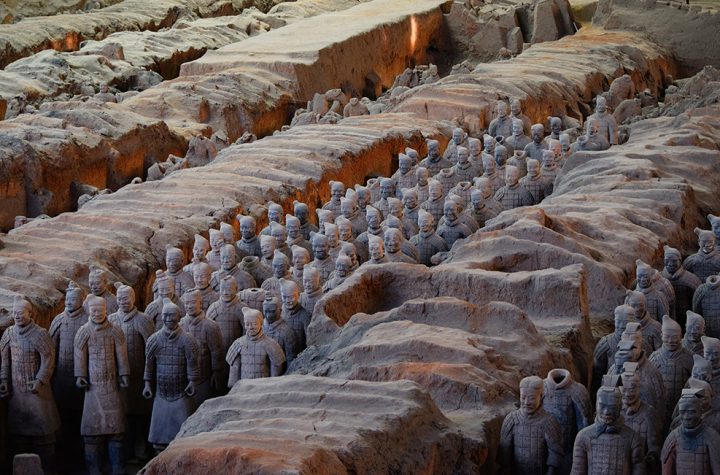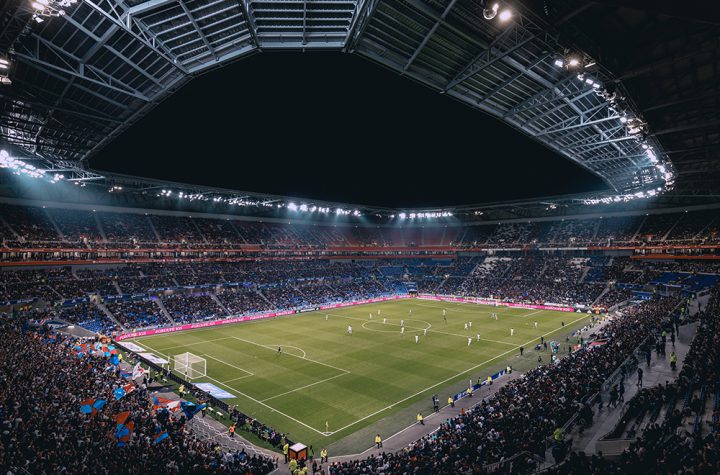
It was a fairly typical itinerary for someone enjoying a boozy Memorial Day weekend in Missouri’s Lake of the Ozarks, a magnet for revellers who flock to the region’s waterside bars to celebrate US public holidays.
The partygoer in question kicked things off by attending a pool party for four hours at Backwater Jacks on Saturday May 23, then moved on to Shady Gators and the nearby Lazy Gators Pool. On Sunday, they ate lunch at Buffalo Wild Wings and returned to Shady Gators before taking a taxi home.
Health officials in Missouri released the unidentified person’s movements in May after discovering they had been partying over Memorial Day weekend while infected with coronavirus. The Ozarks pool parties were but one example of hundreds of similar events that took place over the holiday weekend, which has emerged as a nationwide “superspreader” event that fuelled the recent surge of cases in the US.
As the US prepares to celebrate Independence Day on Friday and throughout this weekend, public health experts fear thousands more will contract the virus at indoor parties, crowded outdoor events, religious services and family gatherings.
“If you look at the outbreaks in the south and west, they started right after Memorial Day — and that’s just an ordinary holiday, it’s not a ‘let’s get drunk’ holiday like July 4,” said Barry Bloom, professor of public health at the Harvard TH Chan School of Public Health.
Last year’s July 4 parade in Huntington Beach, California © Mark Rightmire/Orange County Register/Getty
Pictures and videos of the packed pool parties in the Lake of the Ozarks, where hardly anyone was wearing masks or keeping their distance, have since gone viral. Another person from the neighbouring state of Kansas, who drank at one of the same bars, has tested positive. Officials suspect there are more unidentified cases.
With the virus raging across much of the US, several states, including Texas, Arizona and Colorado have ordered bars to close their doors. Florida, California and Delaware are also shutting some beaches, citing a lack of mask wearing and social distancing. In San Francisco and the surrounding Bay Area, firework displays have been cancelled.
Latest coronavirus news
Follow FT’s live coverage and analysis of the global pandemic and the rapidly evolving economic crisis here.
Officials in some parts of the country are urging people to scale back their plans for this weekend. Elizabeth Holzschuh, an epidemiologist for Johnson County, Kansas, who has been investigating the Ozarks outbreak, said her advice was simple: “Stay home.”
She added: “We’ve seen this time and time again. When people gather, it’s an opportunity for Covid spread, whether that’s in a bar or at a family reunion.”
However, despite caution in some parts of the US, there are plenty of opportunities for people to celebrate the holiday in large crowds over the long weekend. Kristi Noem, the Republican governor of South Dakota, said this week that the 7,500 people expected to gather for a fireworks display on Friday at Mount Rushmore — which President Donald Trump is attending — would not be required to wear masks or practice social distancing.
People gather on the beach for this year’s Memorial Day weekend in Port Aransas, Texas © Eric Gay/AP
Dr Jonathan Quick, head of pandemic response at the Rockefeller Foundation, said: “I don’t know how people have come to think that somehow public holidays are exempt from the rules.”
He added: “The virus doesn’t care. Whenever you have a lot of people close together, particularly if they’re speaking loudly in each other’s faces, it’s a classic spreading event.”
Even as some state governors hit the brakes on reopening plans, there is little prospect of another wave of fully fledged stay-at-home orders. Instead, politicians and health officials must try to persuade people to follow guidelines intended to reduce the spread of the virus, said Dr Bloom.
“No one politically wants to go back into lockdown and, even if they did, it might be hard to get people to comply,” he said. “But there’s a limited amount you can do if people do not wear masks while drinking in crowds and hanging out on the beach. Unless you arrest them, you’re dependent on their willingness to co-operate.”
Recommended
Conflicting public health messages are complicating efforts to suppress the latest wave of the virus, which is being driven in part by younger people who started socialising when US states started to lift lockdowns towards the end of April. In Arizona, almost a quarter of people in hospital with the virus are under the age of 44.
Mask wearing in particular has emerged as a divisive issue. Although the US Centers for Disease Control and Prevention recommends that people “wear cloth face coverings in public settings” Mr Trump has questioned their effectiveness at slowing the spread of the virus. For the most part, he has refused to wear one himself.
Thomas Frieden, who led the CDC during the Obama administration between 2009 and early 2017, said: “When the CDC is recommending it, but the president is saying ‘I’m not going to wear a mask’, you have a perfect storm set-up for a message that gets derailed.”
It will be hard to wear a mask while drinking cocktails and eating appetisers at Blackwater Jacks this weekend. The Ozarks bar told the Financial Times it plans to hold a pool party on Friday — irreverently named “No Ducks Given” — despite the coronavirus outbreak. The owner did not respond to further questions.





More Stories
US star Megan Rapinoe tells BBC Sport about how taking a knee jeopardised her international career, and what the future holds for women’s football.
Australia’s corporate watchdog is in limbo as the Morrison government awaits the Thom review before deciding the fate of both ASIC and its chairman, James Shipton.
Researchers at Columbia Engineering found that alkali metal additives, such as potassium ions, can prevent lit